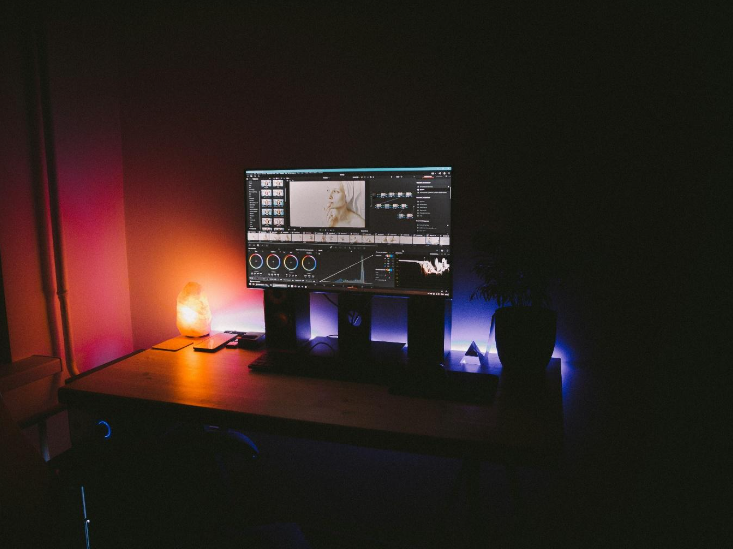
How AI is impacting Brazilian Music industry
11 November, 2024Artificial intelligence is changing every industry, and music is one of those. From simple tones to complete songs, anything can now be generated using AI tools. However, this AI-generated music also raises many concerns and ethical issues, such as who the owner of the music is and if it can copy parts of other songs.
In this article, we will share detailed insights on AI music and plagiarism. Let’s have a look!
How AI-Generated Music Works?
AI music works by using machine learning and advanced algorithms. Different AI tools are designed and trained on large sets of music tones and melodies. Using and analyzing this data, AI can produce a wide variety of music with just a few simple clicks. For example, AI can now combine the rhythms of Brazilian music genres like samba and bossa nova with modern electronic beats
The first step in generating AI music is to input the data. After collecting a large amount of data about different music styles and genres, AI uses machine learning and advanced algorithms to analyze the given data.
It then combines various elements to produce unique compositions. This process depends on networks and data sharing. Learn more about IP addresses here if you are a music producer across Brazil.
Although this is a simple and easy way to create music, it also results in various ethical and legal considerations.
Legal Challenges in AI-Generated Music
AI-generated music has also resulted in many legal challenges, such as its ownership. No one is sure about its owner, and this has raised many questions, such as whether the person owns the music, the developer, or the AI tool. This has also resulted in copyright issues.
Another issue with AI-generated music is plagiarism. As AI uses the old data, it may result in the production of plagiarised music. The AI tools may copy any part of the already-produced sound, which can lead to legal issues and claims of plagiarism.
In Brazil’s music industry, where authenticity is key, these potential issues raise serious concerns about copyright and originality.
Ethical Considerations and Future of AI-Generated Music
For listeners in Brazil, the origin of a song is important and many want to know where the music came from. AI-generated music also raises many ethical considerations, such as creativity and originality. It also impacts musicians, resulting in many concerns like job displacement. If AI can create music easily, it will impact the job opportunities for human musicians.
AI-generated music has a lot of potential and can help musicians produce better music. However, it also requires careful use and proper regulation to avoid issues like plagiarism, copyright, and licensing. This will also help ensure that AI-generated music is used responsibly.
Follow Sounds and Colours: Facebook / Twitter / Instagram / Mixcloud / Soundcloud / Bandcamp
Subscribe to the Sounds and Colours Newsletter for regular updates, news and competitions bringing the best of Latin American culture direct to your Inbox.

